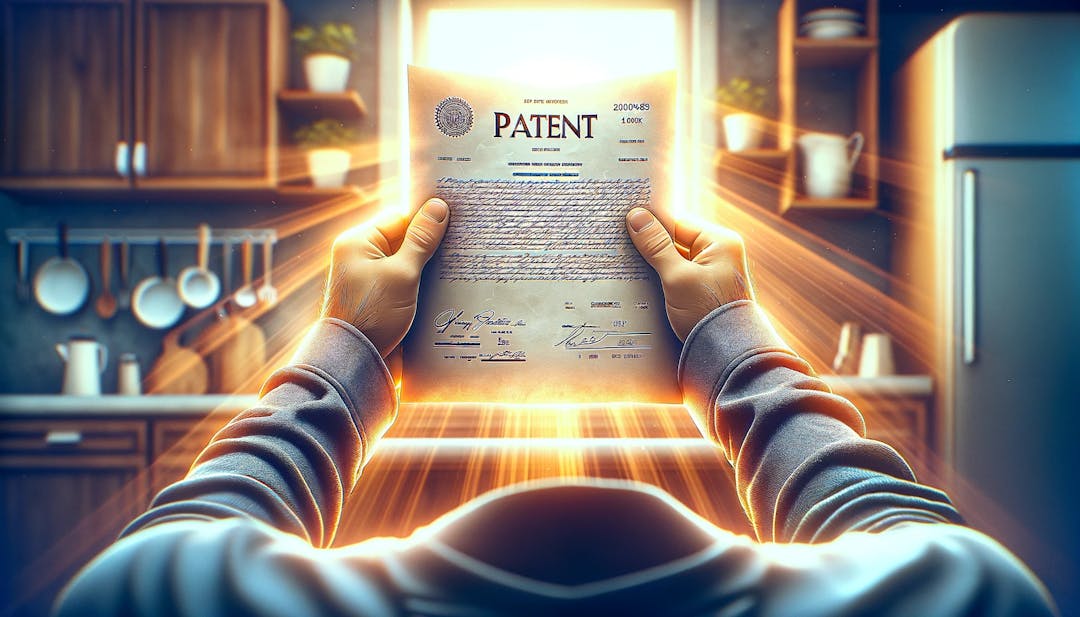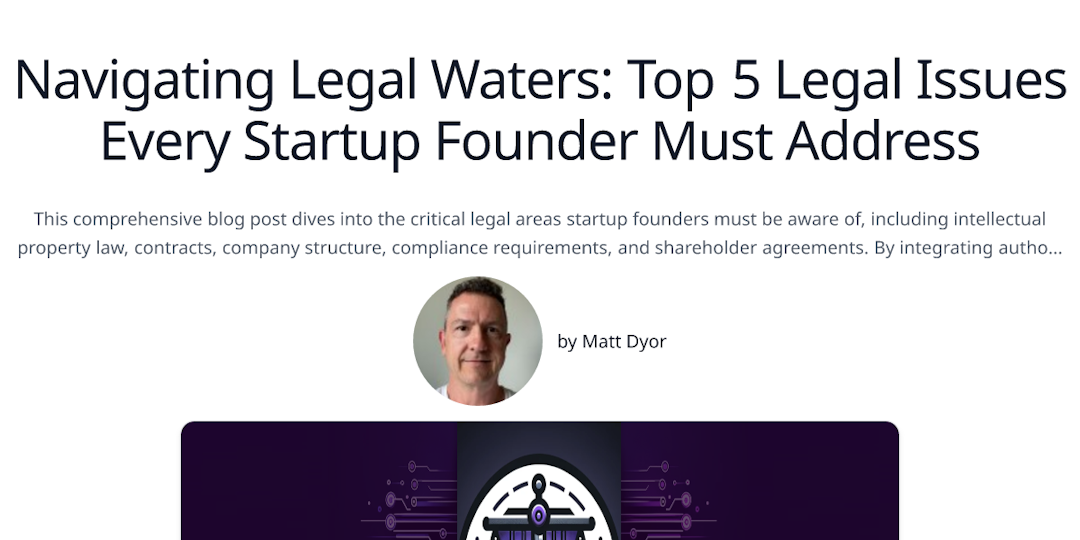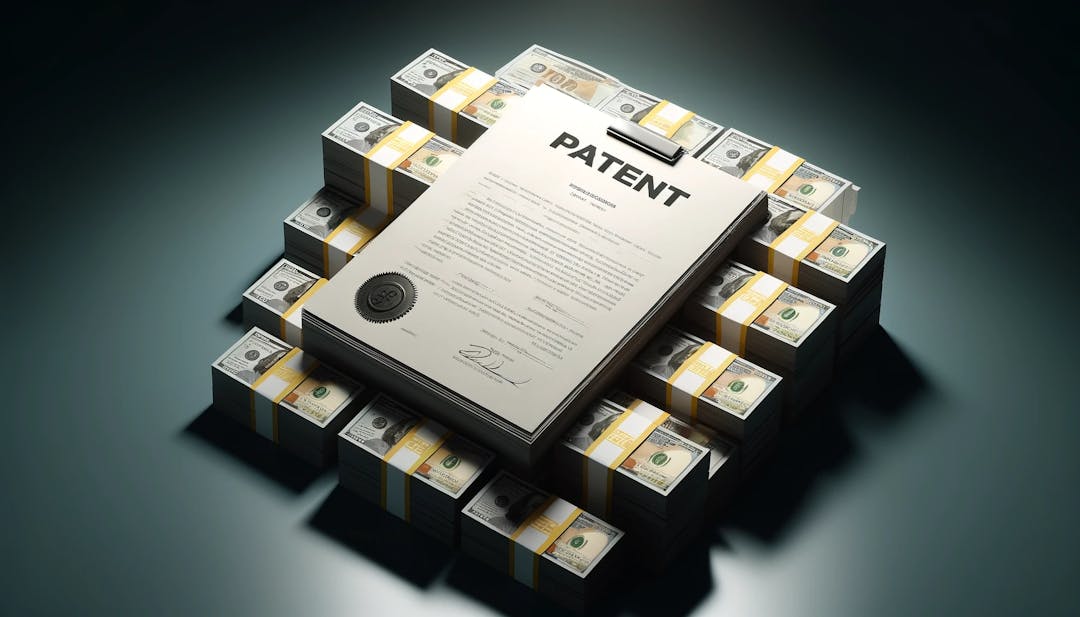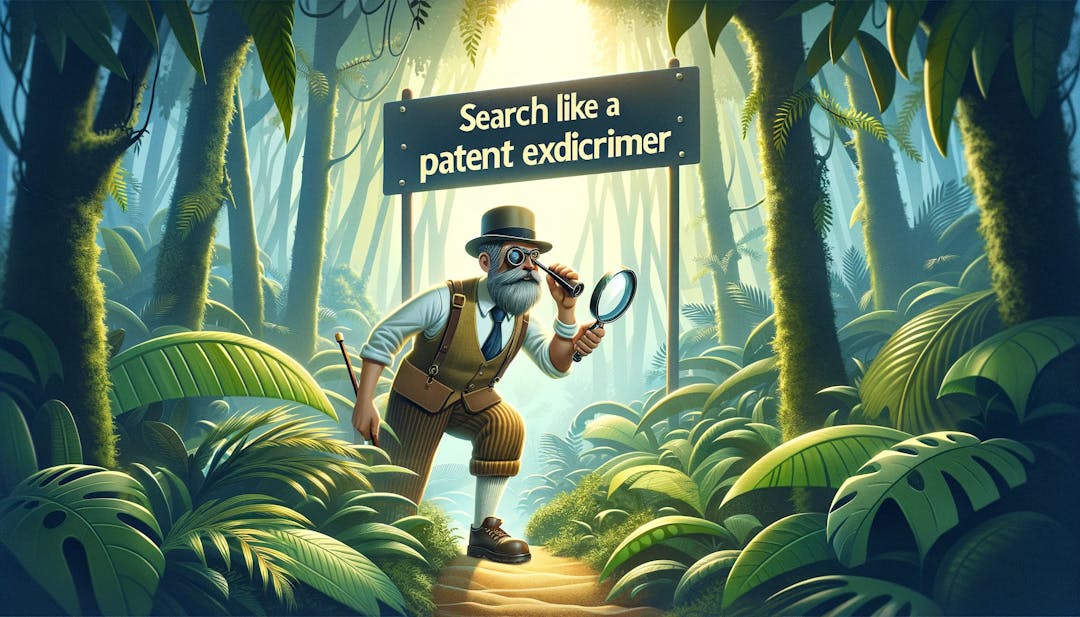Understanding when to file a patent application and how long it might take for that patent to issue are critical components of an effective IP strategy. This blog post aims to share some insights around patent timing, providing startups with the knowledge they need to protect their innovations effectively.
When to File a Patent Application
Frequently Asked Question: When should I file a patent application for my startup's innovation?
A prevalent rule among intellectual property strategists is "the earlier, the better." However, timing can vary based on several factors, including the readiness of your invention, market conditions, and your startup's business goals.
Avoid Becoming Your Own Prior Art
If you have publicly disclosed your invention, you have 1 year before this public disclosure can be used against your invention. So if you create a Kickstarter campaign or launch a website that describes your invention, and you wait for longer than 1 year until file, your early disclosure may be used as part of a rejection by the USPTO or to invalidate a patent post-issuance.
Earlier Filing Date for Acquiring Patent Rights
Considering the "first-to-file" principle adopted by the United States (alongside many other countries), filing as soon as your invention is sufficiently detailed to enable someone else in the field to reproduce it is often advisable. First to file means that the first person to file with the United States Patent and Trademark Office (USPTO) will have priority over later filers. This is a change from the previous "first-to-invent" system, where the person who could prove they conceived of the invention first had priority.
Earlier Filing Date Avoids Prior Art of Others
Not only does your invention need to be novel and non-obvious in light of other inventors seeking patent protection, but also anybody publicly disclosing their creation - blog posts, academic papers, and public demonstrations can count as prior art. Therefore, filing a patent application as early as possible can help avoid potential conflicts with existing prior art.
For an in-depth exploration of the topic, consider reading "An Introduction to Patents" at https://seattle-patent-group.attorneymesh.com/patent-introduction ↗. This resource offers foundational knowledge that every startup should consider before embarking on the patent application process.
"Patent Pending" May Help Some Conversations
Filing a patent application early may provide value outside of protecting intellectual property rights. Specifically, by having a patent application on file a startup can indicate that their product is "Patent Pending" to customers, investors, partners, and licensees. An early filing date may be appealing, particularly to licensees. To read more about patent licensing strategies for startups, check out "Patent Strategy for Bootstrapped Startups" https://leanfounder.attorneymesh.com/patent-strategies-for-bootstrapped-startups ↗.
When you might want to hold off on filing a patent application?
If you are inventing something for which there is uncertain commercial demand, you may want to do some validation work that enough people are going to want to purchase your patented product up front. Word of warning from my personal experience: when you invest time and money into writing a patent application, you commit yourself to what you disclosed and lose your will to focus on new learning (e.g., based on what customers actually want).
Consider your patent application like an anchor in an invention ocean - it is valuable, because it can end up providing you with some differentiated rights in a particular invention space...if that invention space proves to be valuable. But if the invention space is not valuable, you may be reluctant to pull anchor and seek a more valuable invention space because, well, you have exclusive rights established and you will lose that value (and have to admit to a lot of waste).
 One option you may want to explore: file a provisional application and be willing to abandon it / not convert it into a non-provisional patent application if you determine that your initial invention was a not maximally valuable. If you want to learn more about writing your own provisional patent application, check out "How to Write and File a Provisional Patent Application" at https://leanfounder.attorneymesh.com/write-and-file-provisional-patent-application ↗.
One option you may want to explore: file a provisional application and be willing to abandon it / not convert it into a non-provisional patent application if you determine that your initial invention was a not maximally valuable. If you want to learn more about writing your own provisional patent application, check out "How to Write and File a Provisional Patent Application" at https://leanfounder.attorneymesh.com/write-and-file-provisional-patent-application ↗.
How Long Will It Take for a Patent to Issue?
Frequently Asked Question: Once filed, how long does it usually take for a patent to issue?
The timeline for a patent to issue can vary significantly depending on the technology involved, the workload of the examining office, and the complexity of the application. On average, it can take anywhere from 18 to 36 months for a utility patent to be issued. For more specifics, the USPTO offers detailed statistics and expectations of timing to issue on their official website at https://www.uspto.gov/dashboard/patents/pendency.html ↗
Time to Patent Application First Office Action
 First Office Action pendency is the average number of months from the patent application filing date to the date a First Office Action is mailed by the USPTO. The term "pendency" refers to the fact that the application is pending or awaiting a decision. This measure of First Office Action Pendency includes the time until a first action by the USPTO, as well as any time awaiting a reply from an applicant to submit all parts of their application. The first action pendency number displayed, measured in months, is the average for all applications that have a First Office Action mailed over a three-month (one quarter) period.
First Office Action pendency is the average number of months from the patent application filing date to the date a First Office Action is mailed by the USPTO. The term "pendency" refers to the fact that the application is pending or awaiting a decision. This measure of First Office Action Pendency includes the time until a first action by the USPTO, as well as any time awaiting a reply from an applicant to submit all parts of their application. The first action pendency number displayed, measured in months, is the average for all applications that have a First Office Action mailed over a three-month (one quarter) period.
Time from Filing Patent Application Filing to Patent Issuance
 Pendency has been measured as the average number of months from the patent application filing date to the date the application has reached final disposition (e.g., issued as a patent or abandoned) which is called a “disposal”. This pendency includes the time periods awaiting action by the USPTO, as well as any time awaiting reply from an applicant.
Pendency has been measured as the average number of months from the patent application filing date to the date the application has reached final disposition (e.g., issued as a patent or abandoned) which is called a “disposal”. This pendency includes the time periods awaiting action by the USPTO, as well as any time awaiting reply from an applicant.
The Traditional Total Pendency pendency number displayed, measured in months, is the average for all applications--excluding applications in which an RCE has been filed--which are “disposed” over a three-month period.
Impact of Provisional Application on Patent Timing
If you start with a provisional patent application, then you can add that time to your estimate (e.g., the USPTO works on the order the non-provisional patent application is filed, not when the provisional patent application was filed).
Conclusion
The decision of when to file a patent application and navigating the issuance process are pivotal moments in a startup's lifecycle. By prioritizing intellectual property strategy and making informed decisions based on thorough research and strategic planning, startups can effectively safeguard their innovations and secure a competitive edge in the marketplace.
If you have more questions or need personalized advice on your startup's patent strategy, feel free to use the "Ask a Question" button at the top of the page or continue this conversation using the contact button at the top of the blog post. Intellectual property protection is a nuanced area, and expert guidance can provide clarity and confidence as you navigate these important decisions.
Tags: Patent Application, Intellectual Property Law, Startup IP Strategy, Patent Filing Timeline





















